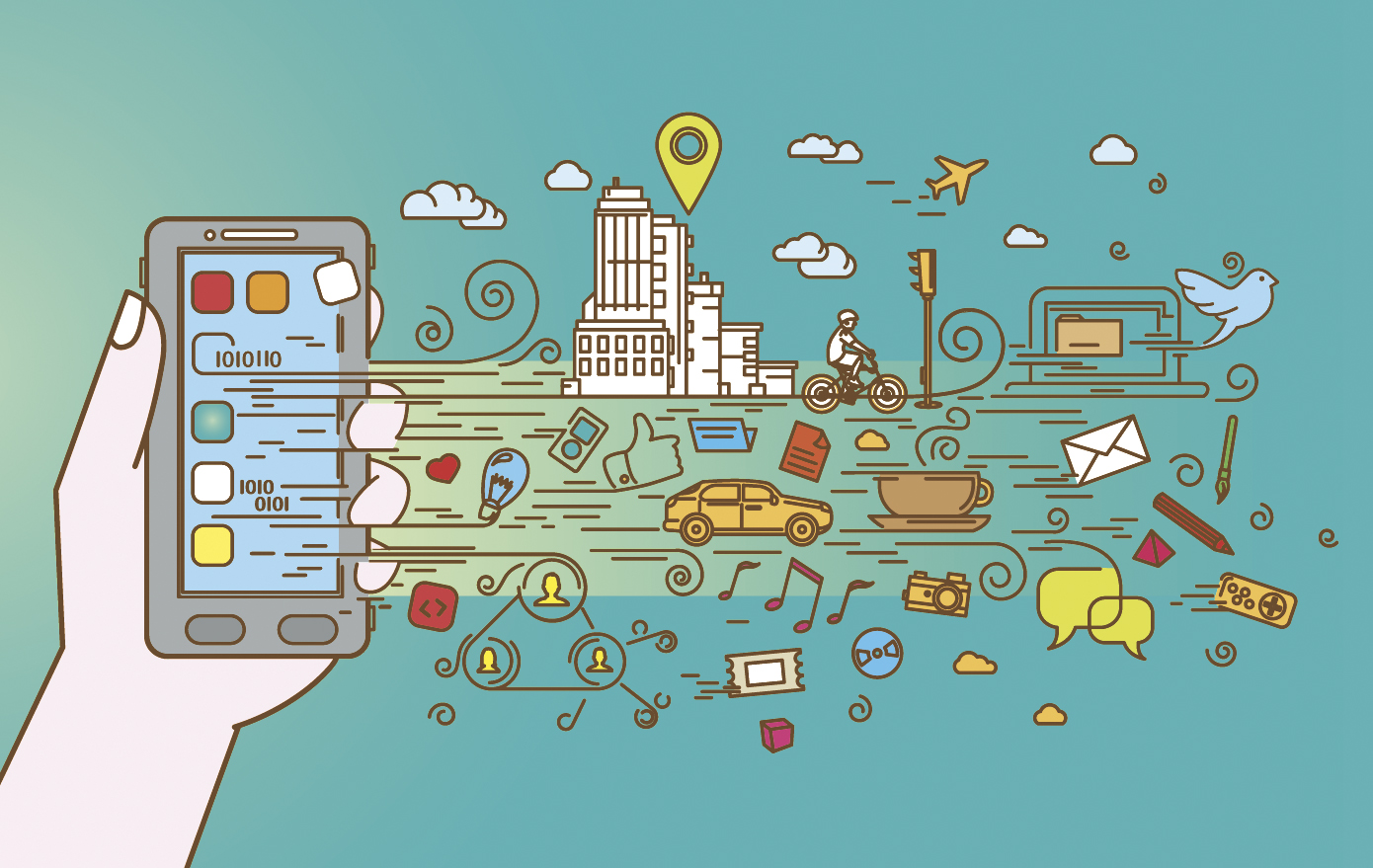The company removed 700,000k apps from its Play Store last year, 70% more than in 2016.
By Katrina Caruso
The saying goes that “there’s an app for that,” which is all fine and dandy until you download an app that is potentially harmful—and there are a lot of them. Google’s hunt for malicious and deceiving apps that can steal your personal information or destroy your phone heated up last year and as a result, the company deleted 700,000 apps from its Play Store.
The open source nature of the Android world has made it possible for users to upload their own homemade apps to the PlayStore. This can be a positive, but it can also mean that users are exposed a lot of “bad apps” that host malicious software or are potentially harmful to users’ phones and tables.
The number Google has deleted may suggest that Play Store is full of bad apps, but in fact it just means that Google is getting smarter about how to find them, and most malicious apps never get there in the first place, with the majority now being rejected by Play Store before users ever have the chance to download them.
And Google says that last year’s purge means that users are safer than ever. The head of security for Google Play, Dave Kleidermacher, has said that users now face only a 0.00006% chance of downloading a bad apple of an app.
Google now has a malware scanner, called Google Play Protect. Now on more than 2 billion smartphones and other smart devices worldwide, it likely the most used scanner in the world.
Of course, not all bad apps will get filtered out before they reach the app stores, so it’s important to be cautious when downloading a new app on your device.
Photo: iStock/






